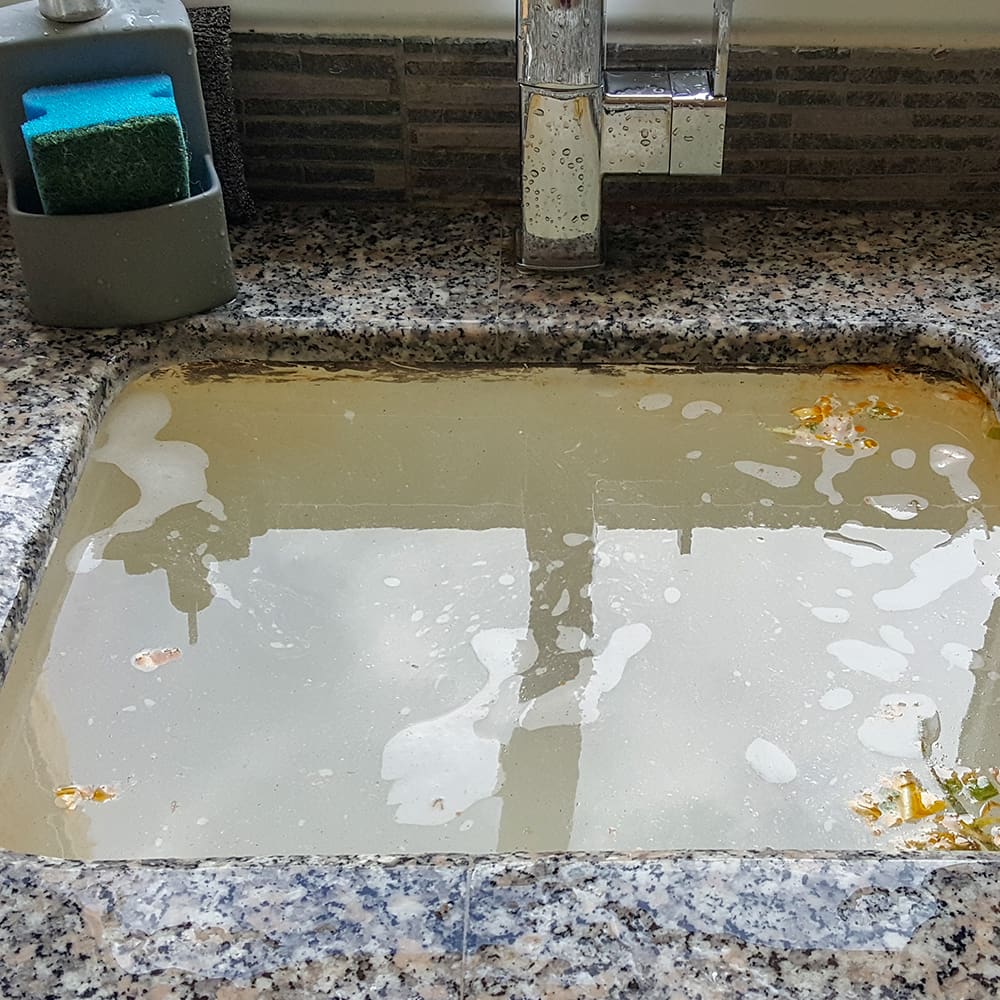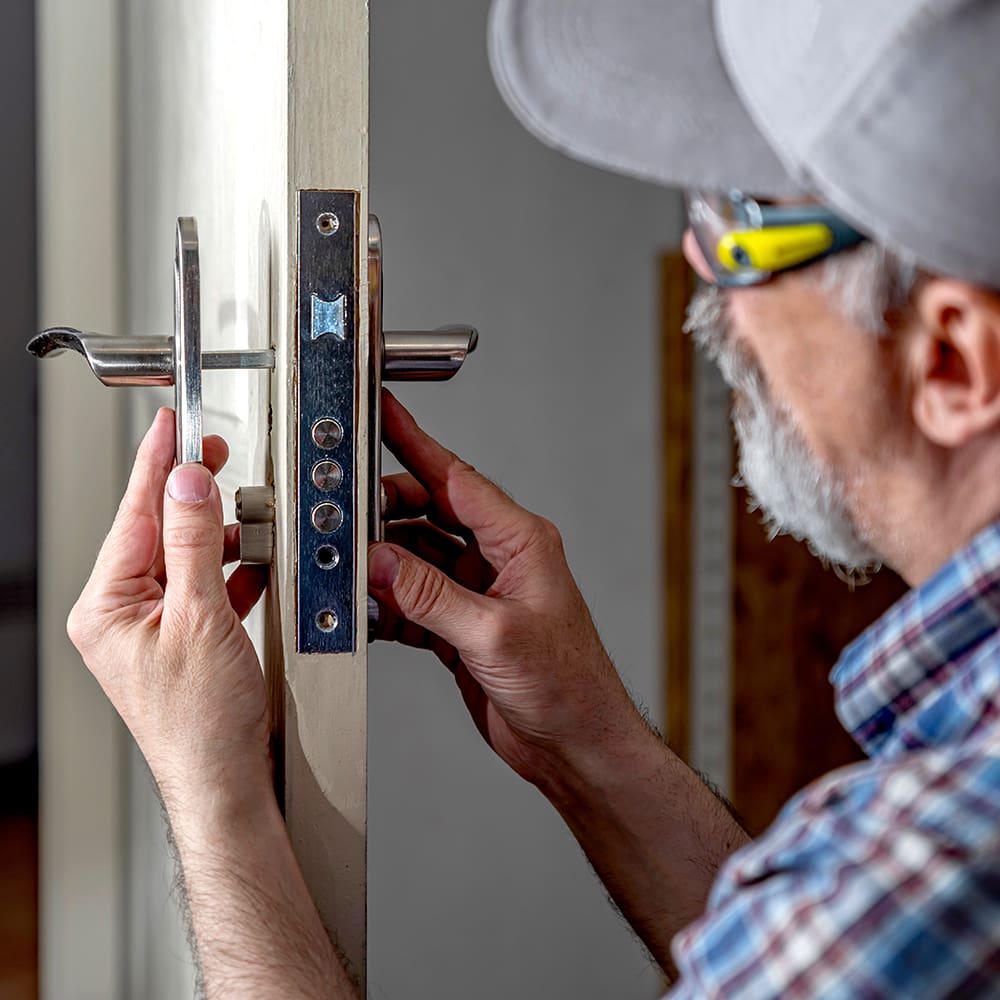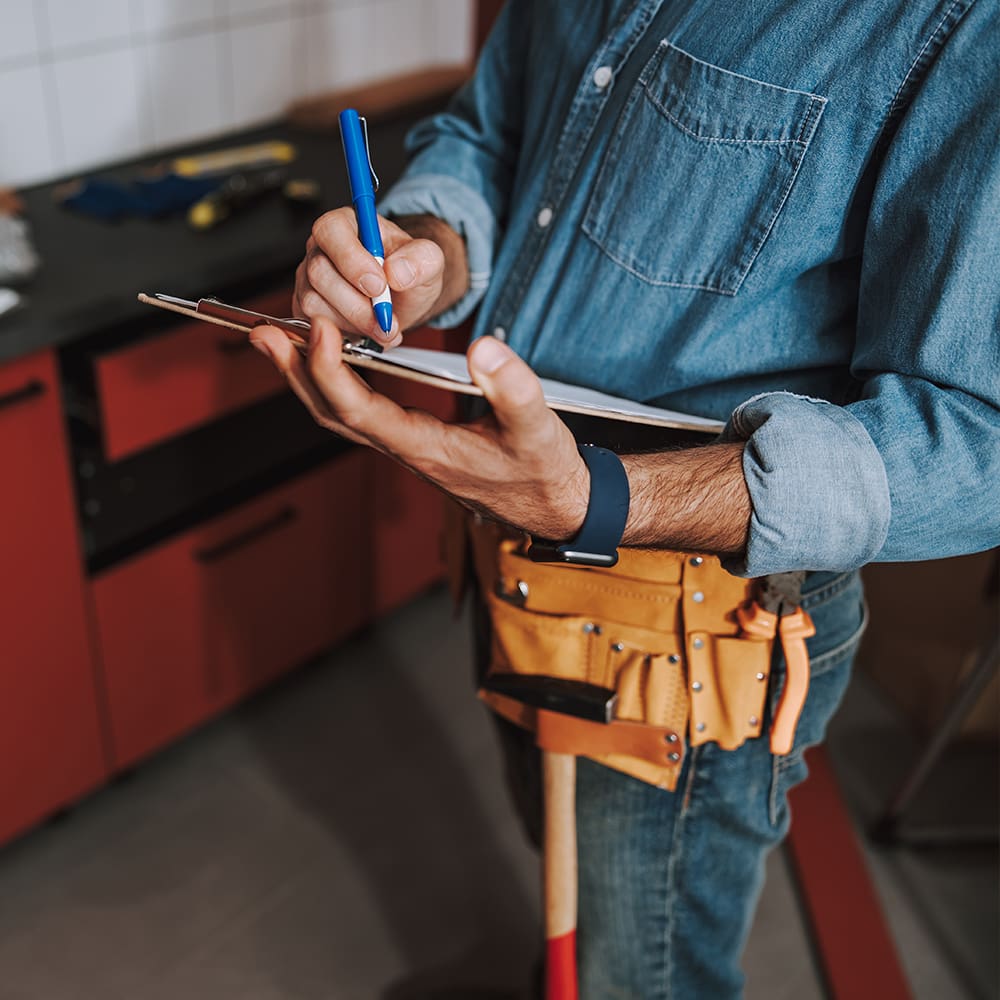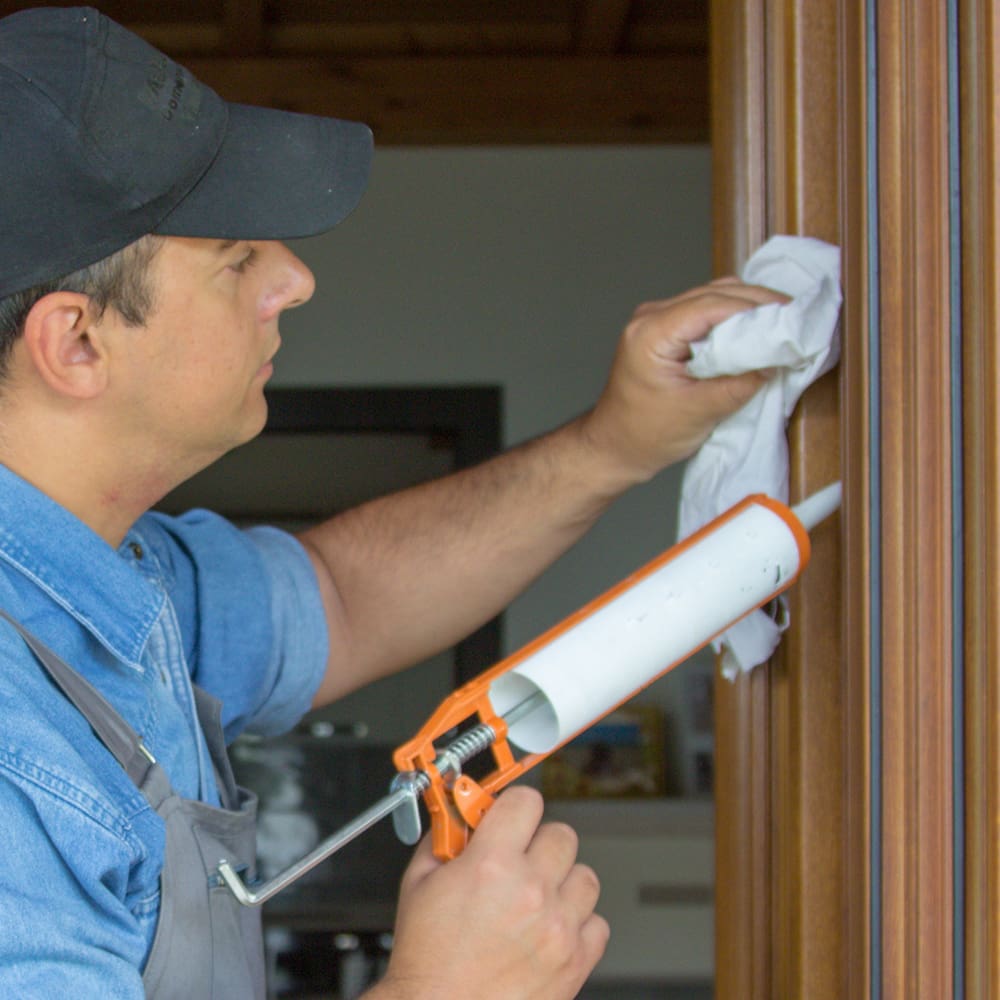What Does It Cost to Repair a Clogged Drain?

The inconvenience of a clogged drain can disrupt your daily routine and lead to stress and frustration. But how much does it cost to repair a clogged drain? This blog post will walk you through everything you need to know about the costs involved in fixing a clogged drain, helping you make an informed decision as a homeowner.
In this article
Imagine this scenario—you’re preparing dinner for guests, and suddenly your kitchen sink refuses to drain. Or worse, you wake up to a bathroom floor flooded due to a clogged toilet. The inconvenience of a clogged drain can disrupt your daily routine and lead to stress and frustration. But how much does it cost to repair a clogged drain? This blog post will walk you through everything you need to know about the costs involved in fixing a clogged drain, helping you make an informed decision as a homeowner.
Why Do Drains Get Clogged?
Drains can get clogged for a variety of reasons. Common culprits include hair, soap scum, food particles, grease, and even small objects that accidentally find their way down the drain. Over time, these materials accumulate and obstruct water flow, resulting in a clogged drain. Understanding the root causes can help prevent future clogs and reduce repair costs.
Immediate Steps to Take When You Have a Clogged Drain
When you notice a clogged drain, acting quickly can save time and money. First, try to identify the type of clog. Is it a slow drain, a partial clog, or a complete blockage? For minor clogs, basic DIY methods like using a plunger or a drain snake might be effective. However, if the clog persists, it’s wise to consult a professional plumber to avoid further damage.
DIY Methods for Unclogging Drains
Home remedies can sometimes work wonders for minor clogs. A mixture of baking soda and vinegar, followed by hot water, can help dissolve the obstruction. Alternatively, using a plunger or a drain snake can physically dislodge the clog. While these methods are cost-effective, they may not always be adequate for more severe clogs.
When to Call a Professional Plumber
If your DIY attempts fail or the clog recurs frequently, it’s time to call in the experts. Professional plumbers have specialized tools and expertise to diagnose and resolve even the toughest clogs. They can also provide preventive maintenance tips to keep your drains flowing smoothly. While this option may be more expensive upfront, it often saves money in the long run by preventing extensive damage.
Factors Influencing the Cost of Clogged Drain Repair
Several factors can impact the cost of repairing a clogged drain. The severity of the clog, the location of the drain, and whether any additional repairs are needed can all affect the final bill. For instance, a simple kitchen sink clog might cost less than a major blockage in the main sewer line. Additionally, emergency services or after-hours repairs can incur higher fees.
Average Costs for Professional Drain Repair
On average, homeowners can expect to pay between $100 and $300 for professional drain cleaning services. Simple fixes, such as removing a hair clog from a sink, typically fall on the lower end of the spectrum. More complex issues, like tree roots infiltrating the sewer line, can push costs toward the higher end. It’s essential to get a detailed estimate before proceeding with any repairs.
Cost Breakdown for Different Types of Clogs
To give you a clearer idea, here’s a breakdown of estimated costs for various types of clogs:
- Kitchen Sink Clogs: $100 – $250
- Bathroom Sink Clogs: $100 – $200
- Toilet Clogs: $150 – $300
- Shower/Bathtub Clogs: $150 – $275
- Main Sewer Line Clogs: $200 – $500
These estimates can vary based on geographic location and the specific plumbing company.
Additional Costs to Consider
Beyond the basic repair costs, additional expenses may arise. For example, if the plumber needs to replace pipes or perform extensive excavation work, the costs can increase significantly. Always ask for a comprehensive estimate that includes potential extra charges to avoid surprises.
Preventive Measures to Reduce Future Costs
Preventing clogs is the best way to save money on repairs. Regular maintenance, such as monthly drain cleaning with safe, non-corrosive solutions, can help keep your pipes clear. Installing drain screens to catch debris and being mindful of what goes down your drains can also prevent clogs.
Importance of Regular Maintenance
Routine plumbing inspections are crucial for maintaining a healthy drainage system. Scheduling annual check-ups with a professional plumber can identify and address minor issues before they escalate into costly repairs. Investing in regular maintenance can provide peace of mind and long-term savings.
DIY Maintenance Tips
In addition to professional maintenance, homeowners can take several steps to maintain their drains. Regularly clean drain stoppers and screens, avoid pouring grease down the sink, and run hot water through your drains weekly to clear out buildup. These simple practices can go a long way in preventing clogs.
How to Choose the Right Professional Plumber
Selecting a reliable plumber is vital for quality repairs. Start by asking for recommendations from friends and family or reading online reviews. Verify the plumber’s credentials, including licensing and insurance, and request a written estimate before beginning any work. A reputable plumber will be transparent about costs and provide excellent customer service.
Conclusion
Dealing with a clogged drain can be a hassle, but understanding the costs involved can help you manage the situation more effectively. Whether you opt for DIY methods or professional services, taking prompt action is key to preventing further damage and expenses. Remember, regular maintenance and preventive measures can save you time, money, and stress in the long run.




